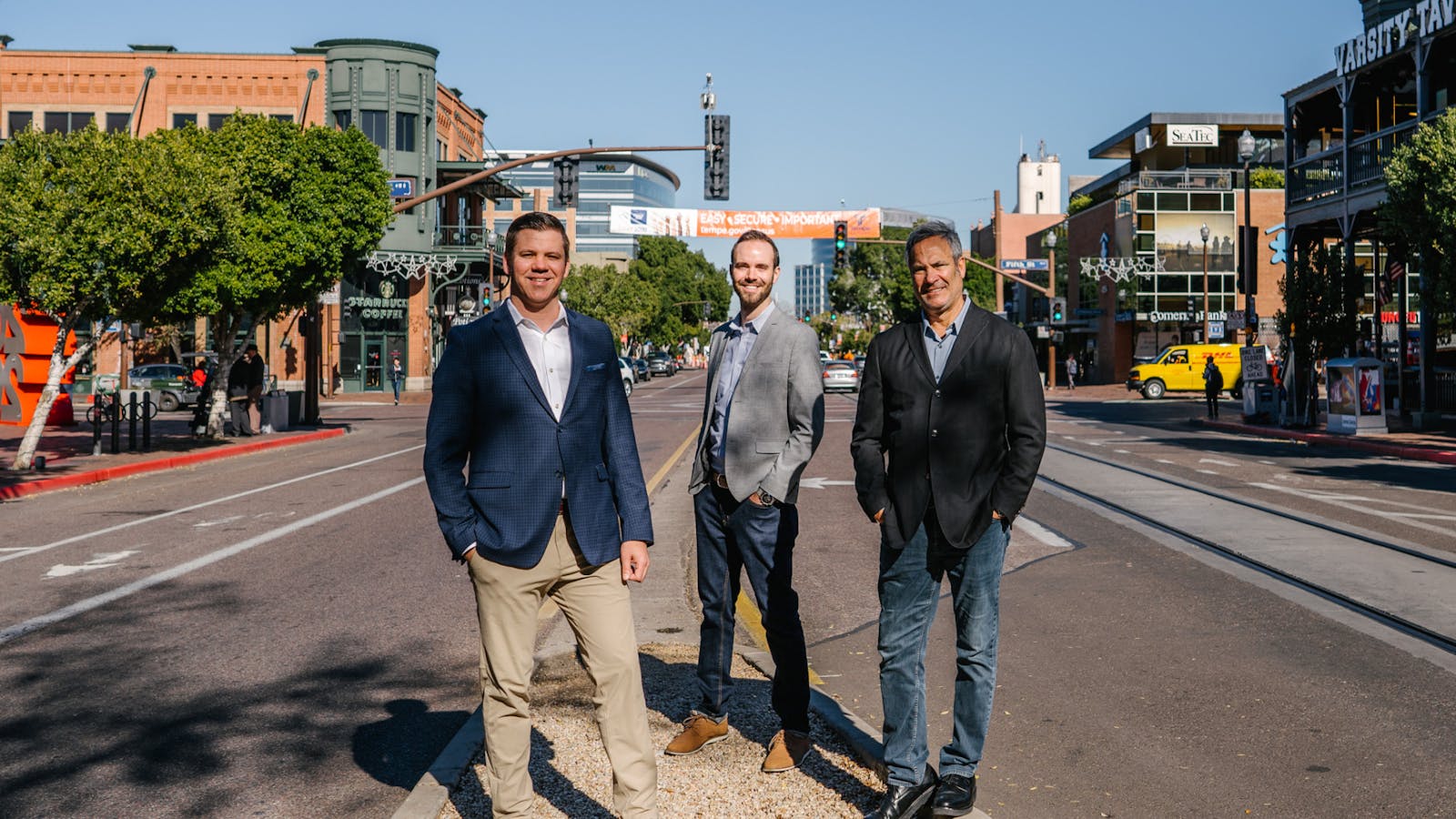Robyn Atwater was able to lean into beauty entrepreneurship after working as a corporate housing … [+]
Robyn Atwater
When Robyn Atwater, 40, discovered she was losing her hair in 2010, she dedicated the next few years to developing her own products to reverse the damage. They worked so well for her, she decided to share her hair regrowth journey online. To her surprise, she quickly grew a following on various platforms, specifically YouTube, Instagram and TikTok doling out haircare tips using the products she concocted in her kitchen. She went on to formalize the formulas, and her brand CurlDaze went viral after a straightforward TikTok video of a stylist using one of the products on a client’s hair. Almost overnight, this led to her selling thousands of units in months. Now, the line is being distributed in big box retailers including CVS, RiteAid, Target and most recently WalMart (who is exclusively selling CurlDaze’s newest product offering), among others.
But before Atwater was able to focus all of her efforts on leading the company where it is now as its CEO, she was a housing economist for 12 years.
“I would have to push my schedule up to get my work done in the office so I could go home to film and edit my content during the day,” she told me. “But it was all worth it–I can’t imagine trying to build a consumer base for my company without the social media community I was able to cultivate.”
Atwater didn’t think she’d ever be able to completely exit the corporate space for entrepreneurship but the rapid growth of CurlDaze thanks to its digital virality made it possible.
This is unsurprising since social media plays a pivotal role in much of younger generations’ lives. We all know it’s where they commune, convene, get news and buy.
According to recent data presented by NC State University, 90% of millennials and use Instagram daily and, of those, 68% use TikTok in addition to Instagram (only 2% use TikTok and not Instagram).
Platforms like TiKTok and its Shop feature is making it easier for corporate workers-turned-entrepreneurs like Atwater to cut through the murkiness of traditional marketing to almost sell direct-to-consumer, a huge win since she was juggling a full-time job while building her company.
As ESSENCE points out in a 2023 report, millions of TikTok users are drawn to the platform because of its surgically effective algorithm that quickly adjusts to micro-interests that span everything from the most popular dance to dating advice. But more than anything, shopping has become a favorite past time for TikTok-ers. TikTok Shop, a recent rollout that just launched in September of last year.
“TikTok Shop will now bring shoppable videos and LIVE streams directly to For You feeds across the country – and give brands, merchants, and creators the tools to sell directly through shoppable content on the TikTok app,” TikTok shared with ESSENCE in a statement. “From studies led by Material, we learned that 70% of people on TikTok say they discover new brands and products through the app, and 83% say that TikTok plays a role in their purchase decision.”
In an ever-evolving digital marketing landscape rife with expensive social media ad-buys many solopreneurs, corpreneurs and small business owners have to be hyper-strategic about what to invest in. On average, social media advertising can range between $650-$2500 a month or more in upfront costs depending on the goals of the business. Conversely, TikTok Shop is free to set up, and users are charged commission fees per transaction contingent on a percentage of the total sale price. In both the UK and US, the platform sets a commission rate of 1.8% for the first three months, then increases to 5%.
The option has made it easier on the pockets and minds of some zillennials aiming to half-step into entrepreneurship while still maintaining a full-time job in a flailing economy. After all, side hustles are more prevalent than ever among younger careerists.
Per recent survey data from Lending Tree, more than half of gen z and millennial participants said they side business or hustle, with many saying they depend more on the extra income than ever before. This comes a year after the mass corporate exodus dubbed the Great Resignation that happened during the height of the pandemic when young workers left corporate roles for other professional passions that better fulfilled them, and offered greater pay.
So why are platforms like TikTok fast becoming a favorite tool for entrepreneurially-aspirant millennials to use?
It’s the authenticity.
Millennials, the generation that was introduced to Instagram during their formative years—and also quickly saw the social media perfection era give way to more genuine, more messy content formats—has found a happy medium in TikTok.
“Platforms like this one is making it easier for millennials to lean into entrepreneurship with fewer risks because it’s reducing the amount of friction that it takes for a person to make a purchasing decision,” says Luke Lintz, 24. In 2016 he co-founded High Key, a digital media agency that has worked with Nicki Minaj, Cardi B, and Kevin Hart among others.
Luke Lintz, co-founder of HighKey Agency
Luke Linz
“Millennials choosing to lean into more digital fluency as they leap into entrepreneurship has really helped remove some high barriers to business ownership,” he continues. “As you grow older, your risk tolerance should naturally become lower. Your age and risk tolerance are inversely proportional to one another because as you become older, you’re obtaining more and more responsibility in your life, traditionally speaking, and hypothetically, where you get married, have kids, and all those things, and need a more steady base of income where you can’t afford to take those risks. In the past, you’d have to risk your life savings, quit your job and all of that to focus on building a business. That’s why I’m a big proponent of the younger generation, Gen Z, to take on this risk. But as social media selling evolves, getting into entrepreneurship is easier to pursue at any age because you can get in without having to put it all on the line.”
Ericka Pittman, a seasoned marketing strategist says this shift is par for the cultural course.
Ericka Pittman, marketing expert
Ericka Pittman
“Every ten to 15 years, there’s a new generational impact on the world,” Pittman says “The key is, for anyone that’s looking to continue to sustain success, they have to be able to evolve and adjust to all of the new changes. I don’t necessarily know if it’s just a millennial thing per se, or if it’s an individual ability for someone to say, social media is changing, the landscape of content creation is changing, the need from consumers is changing. What does that look like, and how do I super-serve that need in an authentic and unique and disruptive way? But what I do know is social media has changed the way people are connecting with consumers and millennials are a part of that group.”
For millennials like Robyn Atwater, this couldn’t be truer.
“Social media played a huge role in where I am now. The community we’ve cultivated there has helped take my brand where it is today. I couldn’t be more grateful.”




